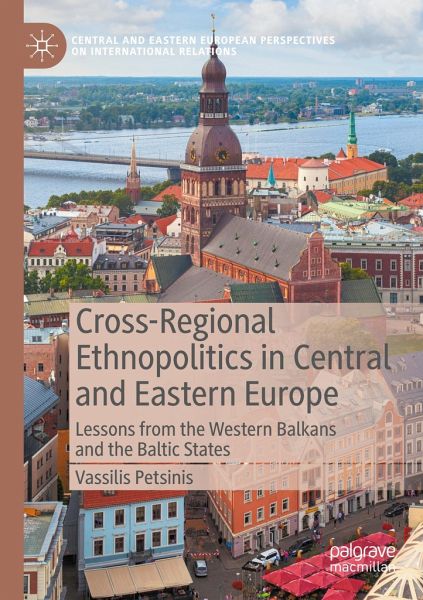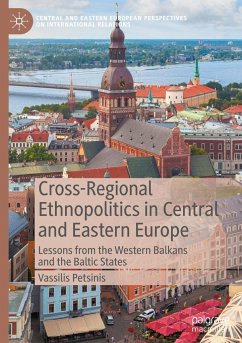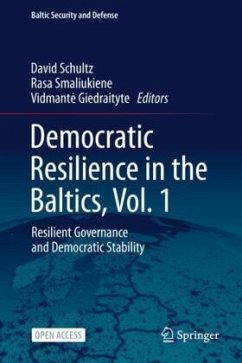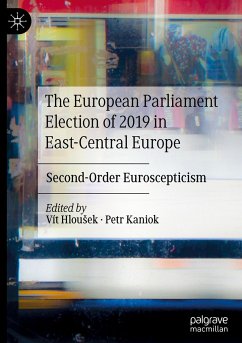
Cross-Regional Ethnopolitics in Central and Eastern Europe
Lessons from the Western Balkans and the Baltic States
Versandkostenfrei!
Versandfertig in 6-10 Tagen
91,99 €
inkl. MwSt.
Weitere Ausgaben:

PAYBACK Punkte
46 °P sammeln!
This book bridges the gap between academic researchers and policymaking experts working on the Western Balkans and those dealing with the Baltic States. Within the frame of a comparative and cross-regional approach, Vassilis Petsinis generates new insights in subjects as diverse as: how geopolitics shape the management of ethnic relations; the variants of Euroscepticism; opposition to immigration and LGBTQI rights; the patterns of multi-ethnic cohabitation; as well as the endeavour by parties of the populist and radical right to embed their platforms into the longer trajectories of ethno-natio...
This book bridges the gap between academic researchers and policymaking experts working on the Western Balkans and those dealing with the Baltic States. Within the frame of a comparative and cross-regional approach, Vassilis Petsinis generates new insights in subjects as diverse as: how geopolitics shape the management of ethnic relations; the variants of Euroscepticism; opposition to immigration and LGBTQI rights; the patterns of multi-ethnic cohabitation; as well as the endeavour by parties of the populist and radical right to embed their platforms into the longer trajectories of ethno-nationalism in the countries and societies studied (Estonia and Latvia from the Baltic States; Croatia and Serbia from the Western Balkans). This work also assesses the extent to which the centrality of ethnic cleavages can be contested, temporarily effaced, or ultimately transformed by the increasing significance of the economy (social welfare and transparency) in multi-ethnic societies. Thebook adds a sound contribution towards updating and upgrading the study of ethnopolitics not solely across Central and Eastern Europe, but as a whole.














